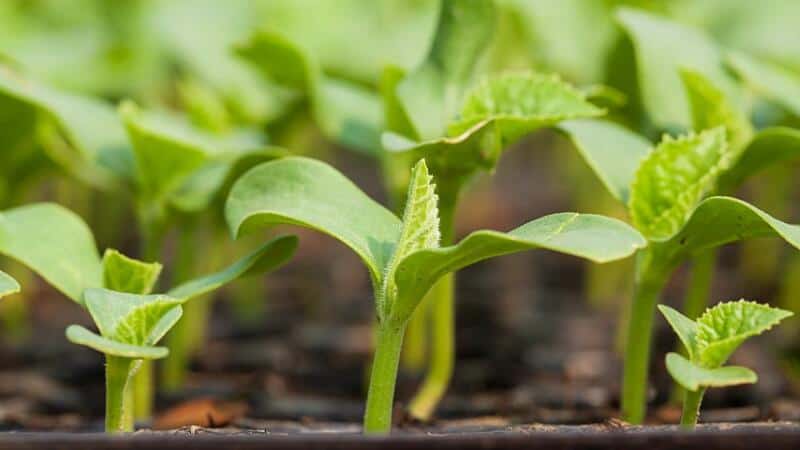What is eating my seedlings at night? When you wake up and head outside to check your garden in the morning, you’ll likely feel a strong sense of anger and maybe even some confusion as you realize that your seedlings were once again consumed as a midnight snack.
Although figuring out exactly which animal has been eating your seedlings may initially seem like a moot point, this discovery can help you to take the proper steps to prevent your seedlings from being devoured in the future.
There are many animals that are herbivores — meaning they eat plants. However, seedlings are underneath the soil and only appeal to certain insects, birds, and small creatures.
Table of Contents
What is Eating My Seedlings at Night?
Some birds and small insects, such as slugs and snails, are inclined to eat seeds and seedlings. However, the most likely culprits are small rodent-like animals, including mice, squirrels, possums, and chipmunks.
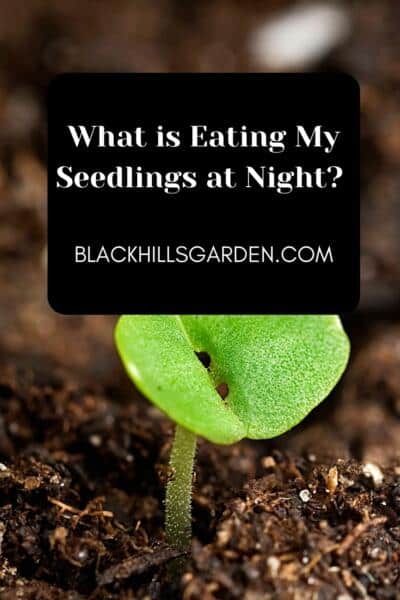
1. Crows and Blackbirds
Most birds are drawn to bright flower gardens and are content with feeding on the sweet nectar. Some gardeners even try to attract birds to their gardens by setting up bird feeders.
But crows and blackbirds are two types of birds that you’ll want to keep away from your garden. Aside from not having the same visual appeal as say robins or blue jays, these birds are notorious for crop destruction.
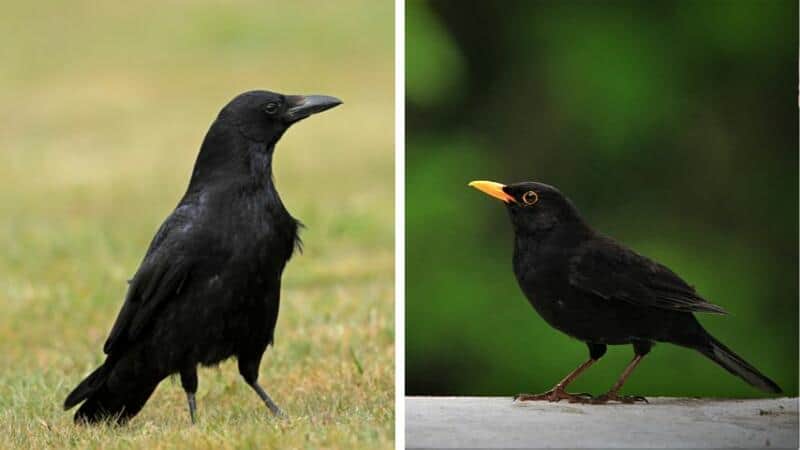
Crows are especially famous for devouring cornfields, hence the creation of the scarecrow. However, crows and blackbirds will also peck and scratch at the ground to uncover and eat seedlings before the plant even has the chance to grow.
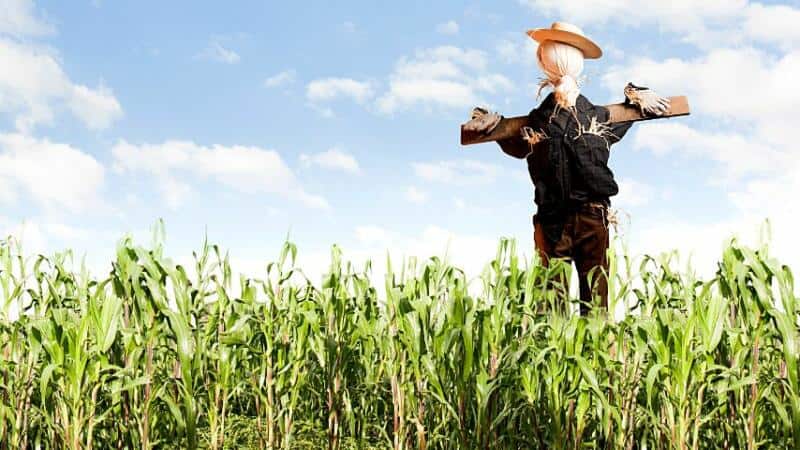
Even though birds are well-known for eating seeds, you’d probably be relieved to learn that most birds aren’t going to mess with your garden. But there are some birds that will view your seedlings as their own personal birdseed buffet.
You can usually tell that birds have been eating your seedlings if the culprit has only gone after the more vulnerable seedlings, and there are bird droppings or a nest nearby.
Fortunately, birds are only drawn to younger seedlings. Most birds will begin to leave your vegetable garden alone as your plants mature, except for pigeons who will continue to devour mature cabbage plants.
2. Snails and Slugs
Many gardeners mistakenly assume that insects are detrimental to their gardens and generously spray pesticides on their crops.
But insects are a vital part of the ecosystem, playing an essential role in the pollination of flowering plants. That said, there are some insects that you definitely want to keep out of your gardens, such as snails and slugs.
These slimy little creatures are known for munching on the leaves and stems of fruit and vegetable plants. But they are also able to move through the soil, giving them easy access to your newly planted seedlings.
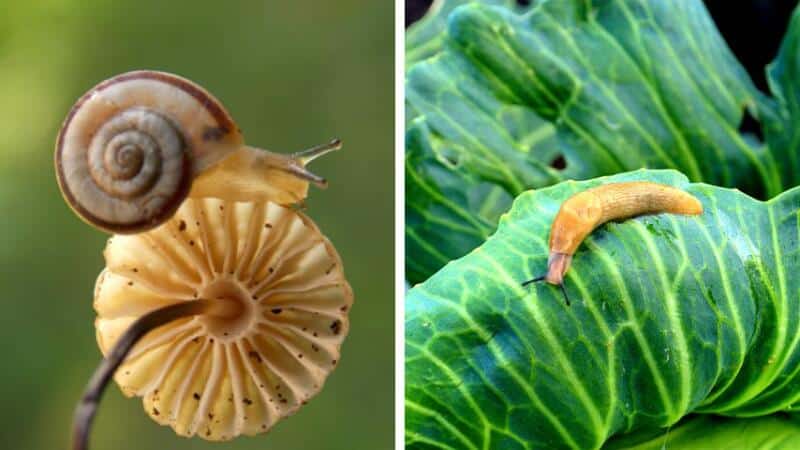
Snails and slugs aren’t the only insects that eat seedlings, though. Caterpillars, beetles, and earwigs are also known for destroying plant leaves and even eating seedlings.
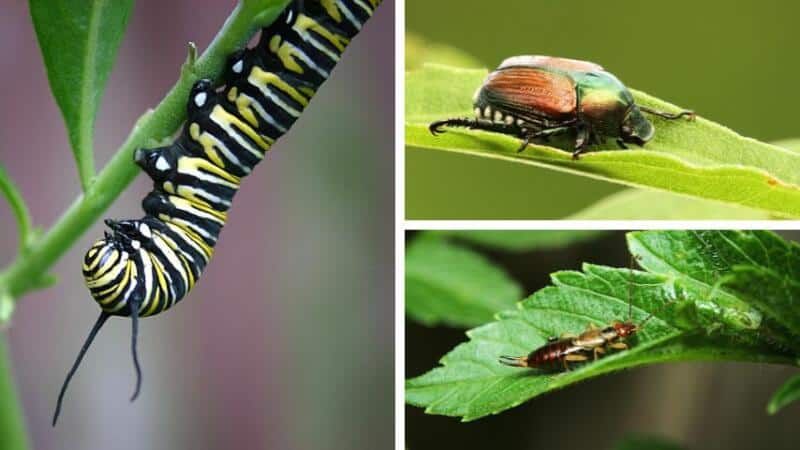
It’s relatively easy to tell when insects have been attacking your seedlings. The damage will be slow and gradual, and you’ll notice small oddly shaped holes in the leaves.
Snails and slugs will also leave behind a telltale shiny trail.
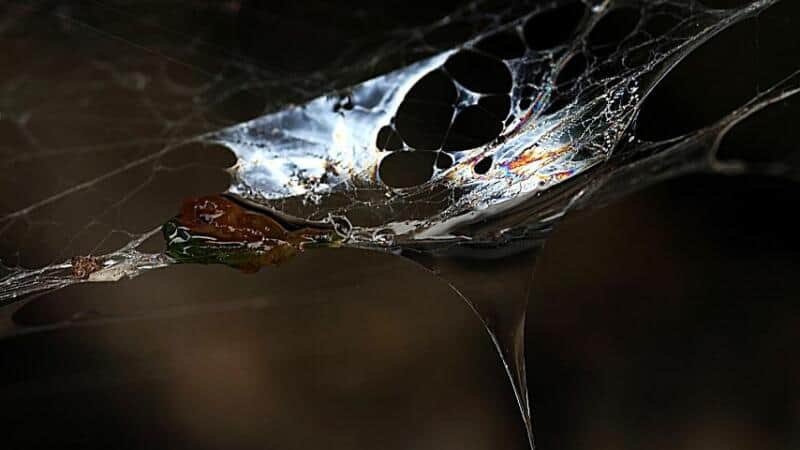
3. Rats and Mice
No one wants to admit that they have a rat or mouse problem in their home or garden, but if your seedlings have been eaten, these rodents are actually the most likely culprit.
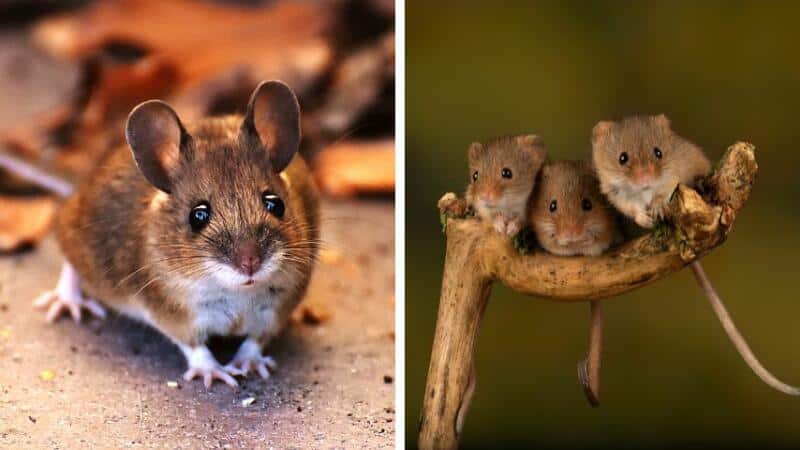
Stereotypically, rats and mice are believed to prefer eating cheese. Although anyone who has ever set out a mouse trap would tell you that cheese does indeed lure them, seeds are actually their preferred food.
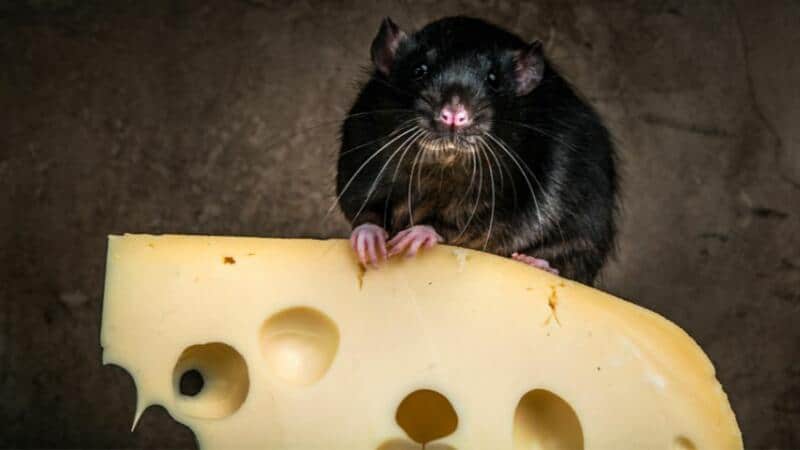
Most often, rats don’t move into your home because it’s dirty, nor do they simply walk through your front door because you left crumbs on your table.
Your garden may very well be what attracted them to your property. And if you don’t address the issue, they’ll find a way to get inside your home next.
If you notice scratches on your plants and only the stems, leaves, and bulbs seem to be damaged, rats and mice have likely been eating your seedlings.
4. Possums and Squirrels
Rats and mice aren’t the only rodents that enjoy eating seedlings.
Possums, squirrels, and even chipmunks are also known for eating seedlings and it may be even harder to keep these small animals out of your garden.
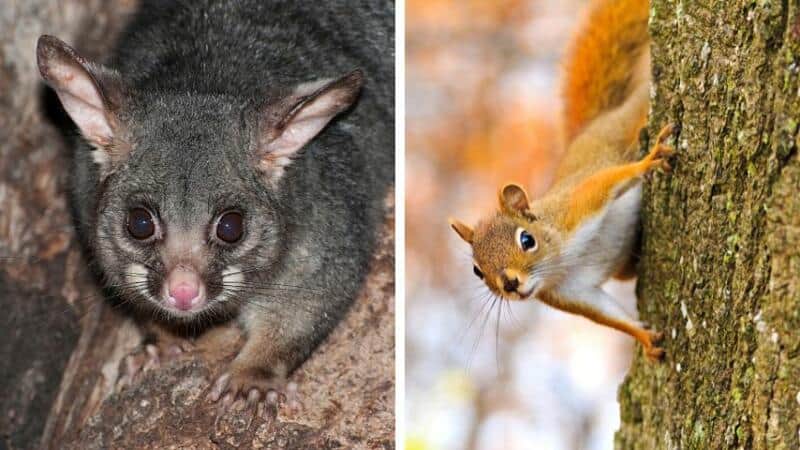
While few people have qualms about killing a rat, most people wouldn’t ever dream of harming squirrels. As long as they leave your seedlings alone, you likely won’t have a problem with them on your property.
Possums in particular only like certain vegetables, including tomatoes and broccoli, so if the culprit is obviously a picky eater and entire leaves have been torn, then you’re likely dealing with a small animal.
Frequently Asked Questions about What is Eating Your Seedlings at Night
How are seeds dependent on animals?
While most people are aware of insects, such as bees, being important for pollination, few people are keen on the fact that fruit-loving animals also disperse seeds by eating the fruit and passing the seeds back into the soil when they defecate.
Which animals help plants make seeds?
There are several pollinating insects and small animals that are an important part of our ecosystem, including birds, bats, and bees. These animals are responsible for producing much of our food by spreading plant seeds.
What can I do to keep animals from eating my plants?
Fencing effectively keeps animals out of your garden. You can install a short fence, butterfly netting, or chicken wire to prevent animals from accessing your garden. However, your seedlings will still be vulnerable to insect damage.
Conclusion On What is Eating My Seedlings at Night
The following animals are eating your seedlings at night:
- Birds
- Slugs
- Snails
- Mice
- Squirrels
- Possums
- Chipmunks

